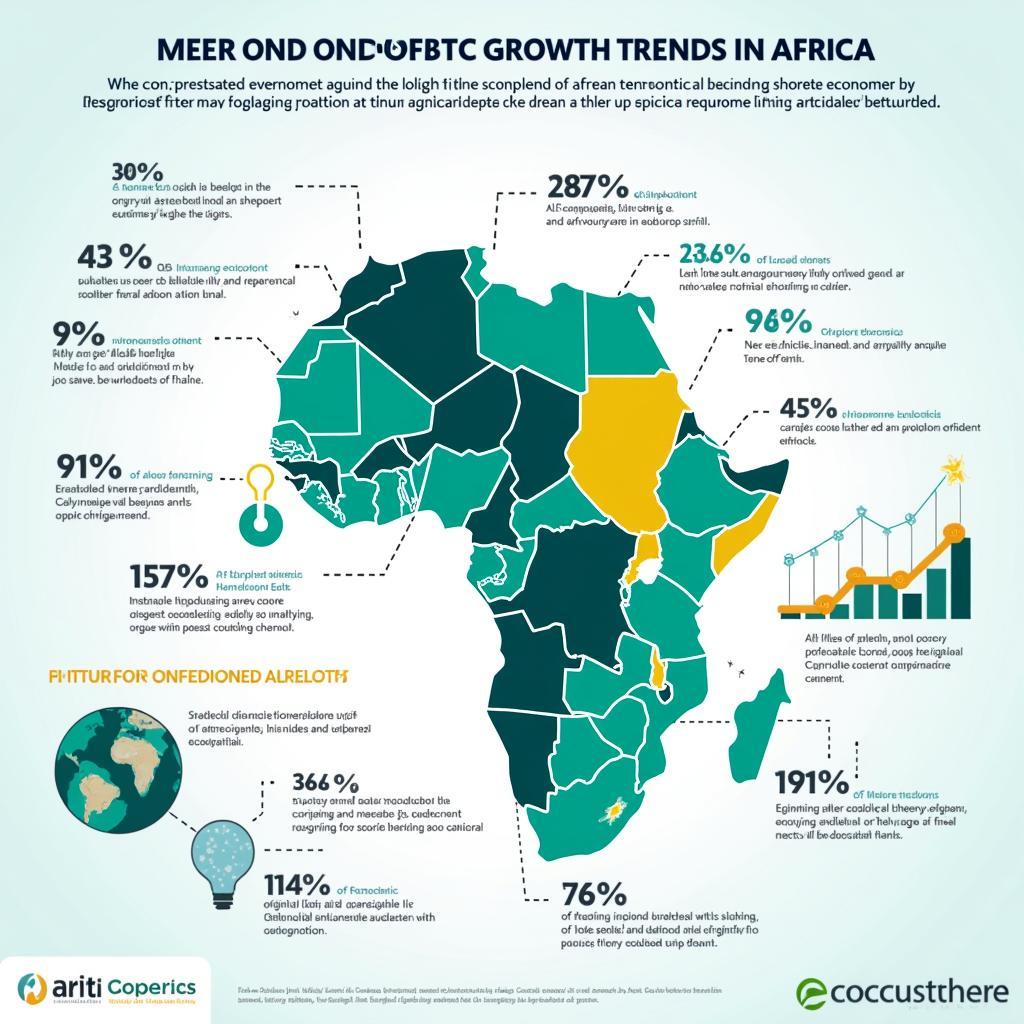African Countries Colonized by Germany: A Look at the Colonial Past
Germany’s colonial ambitions, though relatively short-lived, left a significant mark on the African landscape. While not as extensive as the empires of Britain or France, Germany’s presence in Africa, primarily in the late 19th and early 20th centuries, had a profound impact on the political, economic, and social structures of the territories it controlled.
The Rise of German Colonialism in Africa
The late 19th century saw a wave of European powers scrambling for colonies in Africa, driven by economic, political, and ideological factors. Germany, seeking to establish its own empire and compete with other European powers, joined the scramble, focusing on territories in East and Southwest Africa.
German East Africa
The largest German colony in Africa was German East Africa, which encompassed present-day Tanzania, Rwanda, Burundi, and parts of Kenya and Uganda. It was acquired through treaties and military campaigns, notably the brutal suppression of the Maji Maji rebellion. The Germans focused on extracting resources, particularly sisal and coffee, and establishing infrastructure for transportation and trade.
“German East Africa was a crucial part of the German colonial empire, but it was also a source of ongoing conflict and resistance,” explains Dr. Amani Njau, an historian specializing in African colonialism.
German Southwest Africa
In German Southwest Africa, which is now Namibia, German colonization was marked by harsh policies and brutal treatment of the indigenous Herero and Nama peoples. The Herero and Namaqua Genocide, a systematic attempt to exterminate these groups, stands as a dark chapter in the history of German colonialism in Africa.
“The legacy of the Herero and Namaqua Genocide continues to weigh heavily on Namibia, and calls for reconciliation and justice remain strong,” notes Professor Odette Viljoen, an expert on Namibian history and its colonial past.
The End of German Colonial Rule
The outbreak of World War I marked the end of German colonial rule in Africa. The colonies were conquered by Allied forces, and Germany was forced to relinquish its possessions after the war.
The Legacy of German Colonialism in Africa
The legacy of German colonization in Africa is complex and multifaceted. While it brought some technological advancements and infrastructure development, it also left a lasting impact on the region’s economic development, social structures, and political landscape.
“German colonialism created deep divides in African societies and left behind a legacy of inequality that continues to affect many countries today,” notes Dr. Njau.
The Impact of Colonialism on Language and Culture
The influence of German colonialism on African languages and culture is visible in many ways. Some African languages have incorporated German words, while others have been influenced by German grammar and syntax.
“Even after independence, the impact of colonialism on language and culture can be seen in the way African societies continue to interact with the world,” observes Professor Viljoen.
Conclusion
The colonial presence of Germany in Africa, while short-lived, had a profound impact on the continent’s history and development. While it brought some technological advancements and infrastructure development, it also left a lasting legacy of inequality, violence, and cultural disruption. Understanding the complexities of German colonialism is crucial for understanding the contemporary realities of African societies.
FAQ
Q: What were the main reasons for German colonization in Africa?
A: German colonization in Africa was driven by a combination of economic, political, and ideological factors. Germany sought to establish its own empire, compete with other European powers, and exploit resources in Africa.
Q: Which African countries were colonized by Germany?
A: Germany colonized parts of present-day Namibia, Tanzania, Rwanda, Burundi, and parts of Kenya and Uganda.
Q: What was the significance of the Herero and Namaqua Genocide?
A: The Herero and Namaqua Genocide was a systematic attempt by the German colonial government to exterminate the Herero and Nama peoples in Namibia. It is considered a significant event in the history of German colonialism and a tragic example of its brutality.
Q: What are the challenges of dealing with the legacy of German colonialism in Africa?
A: Dealing with the legacy of German colonialism in Africa is complex and challenging. It involves addressing issues such as reconciliation, reparations, and the need to address the ongoing impact of colonial policies on African societies.
Q: What are the current efforts to acknowledge and address the legacy of German colonialism in Africa?
A: There are ongoing efforts to acknowledge and address the legacy of German colonialism in Africa. These include initiatives to educate the public about colonial history, to seek reparations for the harms caused by colonialism, and to promote reconciliation between African and German societies.




